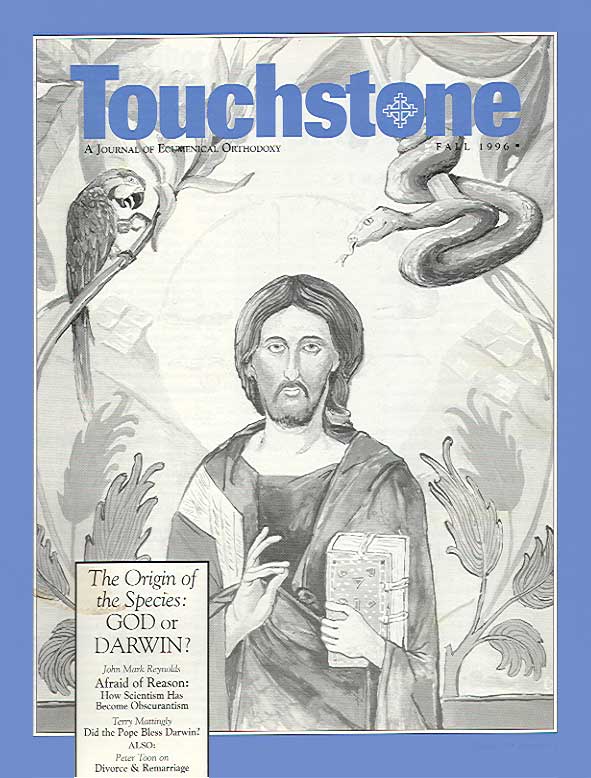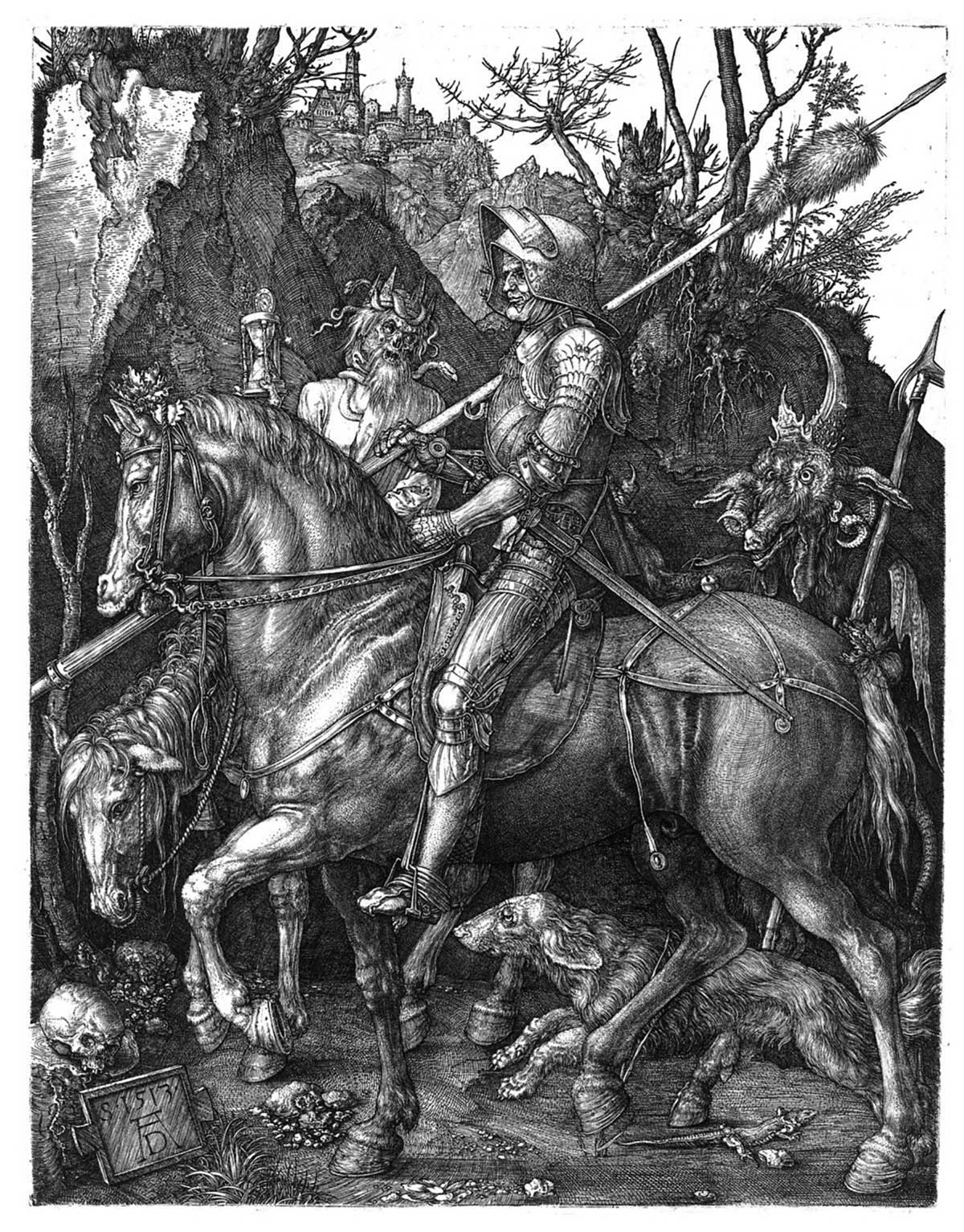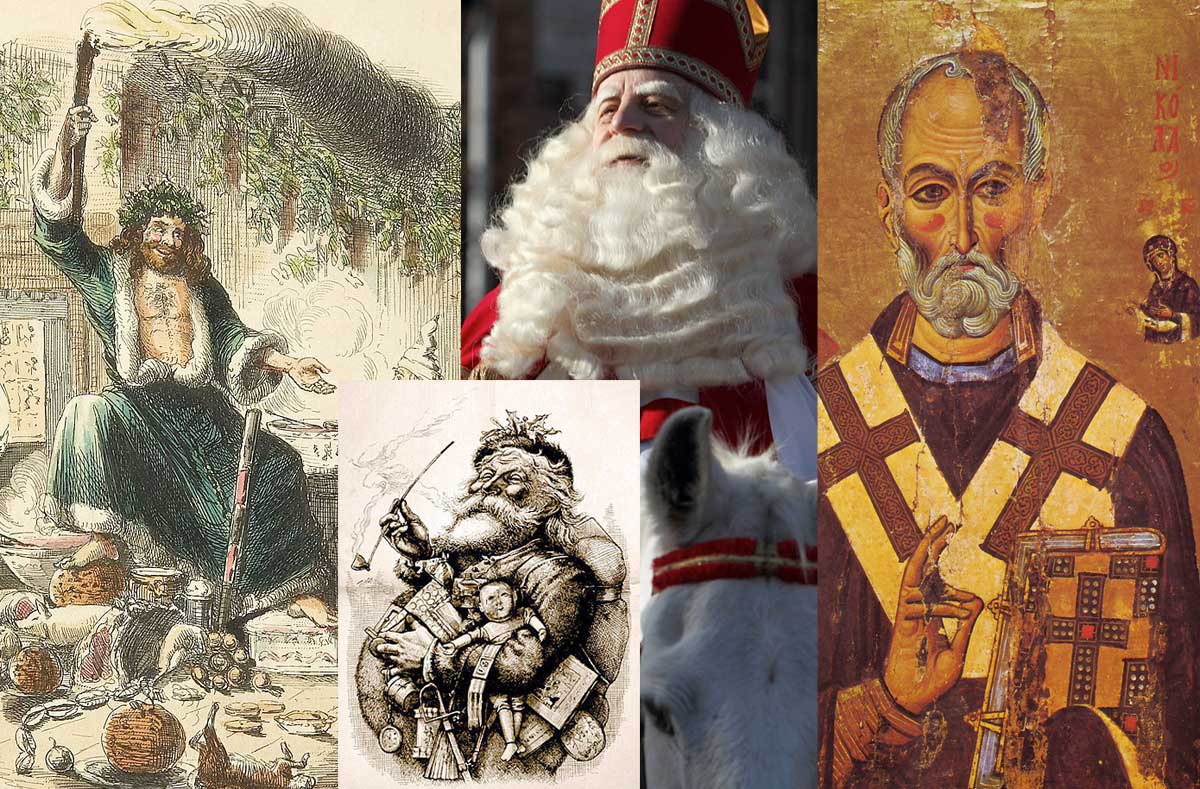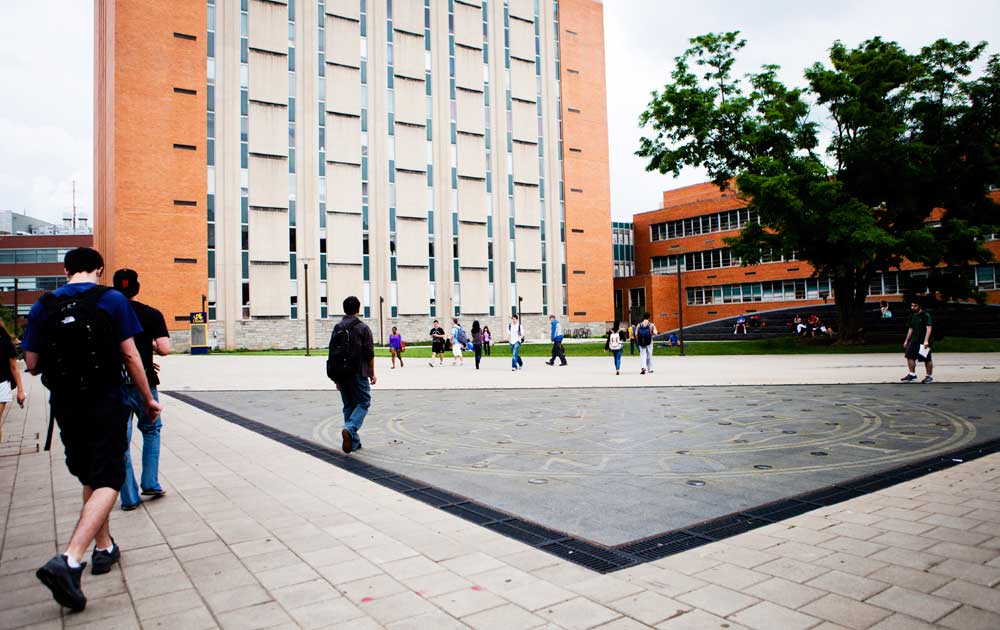Reply to David Mills
David Mills is too modest in his editorial. Were someone to question my concern about the wording of the Creed, I would shout “Stop the Music!” (a la Jimmy Durante) and demand answers to two questions. Why is the expressed identity of the Church a “trifle”; and why was a change imposed, if the matter is so unimportant? Moreover, Mr. Mills’s warning against our feelings of individualistic superiority to sacred Tradition is a needed one. No sane man would take the same attitude towards the times-tables, or anything else that people take seriously, and no sane person would treat such an attitude as reasonable or acceptable. But sometimes the clergy act as if they have God on retainer. Or perhaps they don’t take Tradition as seriously as they take 2 x 2 = 4.
The difference between using “I” and using “we” to begin the Creed revolves around two basic issues: history and voice. Historically, “we” is the voice of a council acting for the entire Church. The apostolic council of Jerusalem used it in their decision about the Gentiles: “Forasmuch as we have heard . . . .” (Acts 15:24) and “For it seemed good to the Holy Ghost, and to us . . . .” (15:28). The Fathers gathered at the general councils continued to speak with the voice that the Holy Ghost had given to the apostles, as in the Chalcedonian Definition: “Therefore, following the holy Father, we all with one accord teach men to acknowledge, etc.” Thus, it is no surprise that the conciliar text of the Nicene Creed should begin with “we.”
But the Fathers’ use of “we” was not just a matter of following historical precedent: the usage itself conveys something about our relationship to doctrine and to the God who gave us that doctrine. In Scripture, “we” is the voice of authority, and especially authoritative teaching. Think of God’s use of the first person plural: “Let us make man in our image,” or Isaiah’s “Whom shall we send?” “I” is the voice of personal revelation and confession: “I am the Lord thy God,” “The Father and I are one,” and “. . . in whom I am well pleased.”
THIS ARTICLE ONLY AVAILABLE TO SUBSCRIBERS.
FOR QUICK ACCESS:
Louis R. Tarsitano (d. 2005), a former associate editor of Touchstone, was a priest of the Anglican Church in America and rector of St. Andrew?s Church in Savannah, Georgia. He also was the co-author, with Peter Toon, of Neither Archaic Nor Obsolete: The Language of Common Prayer & Public Worship (Brynmill Press, Ltd., 2003).
subscription options
Order
Print/Online Subscription

Get six issues (one year) of Touchstone PLUS full online access including pdf downloads for only $39.95. That's only $3.34 per month!
Order
Online Only
Subscription

Get a one-year full-access subscription to the Touchstone online archives for only $19.95. That's only $1.66 per month!
bulk subscriptions
Order Touchstone subscriptions in bulk and save $10 per sub! Each subscription includes 6 issues of Touchstone plus full online access to touchstonemag.com—including archives, videos, and pdf downloads of recent issues for only $29.95 each! Great for churches or study groups.
Transactions will be processed on a secure server.
more from the online archives
calling all readers
Please Donate
"There are magazines worth reading but few worth saving . . . Touchstone is just such a magazine."
—Alice von Hildebrand
"Here we do not concede one square millimeter of territory to falsehood, folly, contemporary sentimentality, or fashion. We speak the truth, and let God be our judge. . . . Touchstone is the one committedly Christian conservative journal."
—Anthony Esolen, Touchstone senior editor









